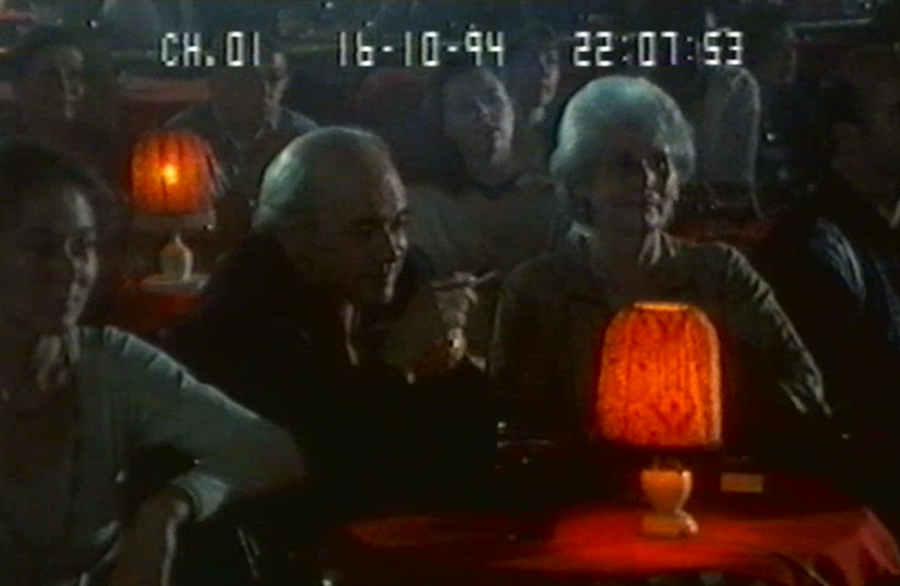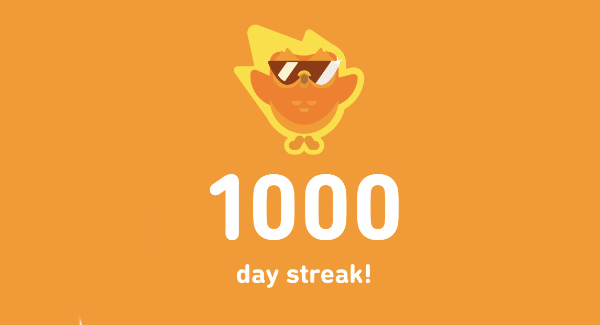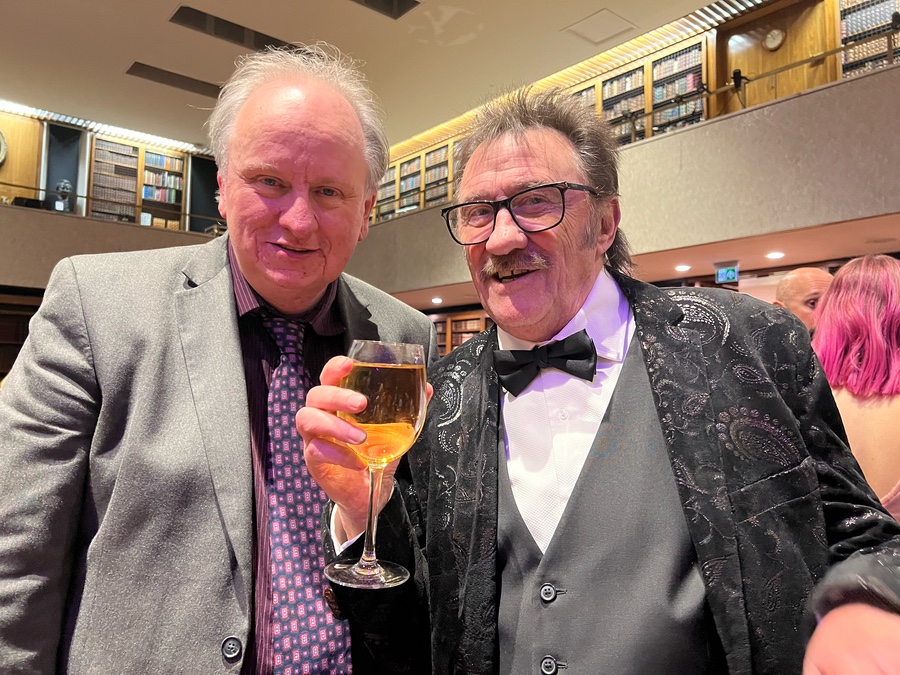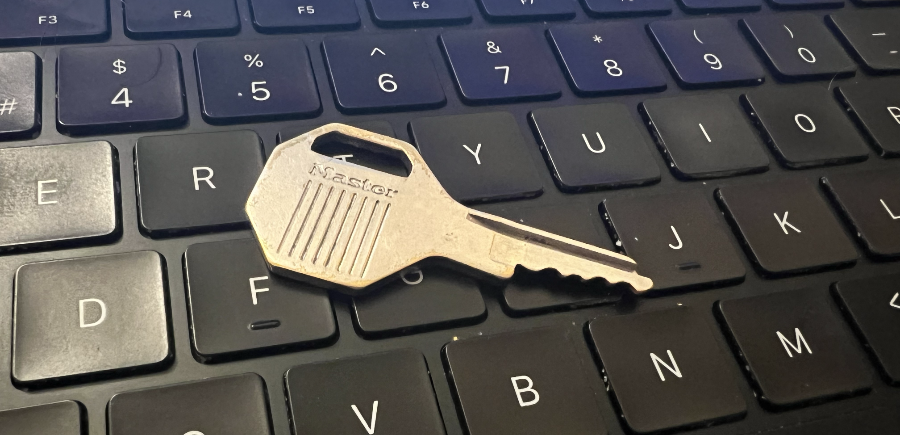You know the way that music appears to slot into decades. A 1970s song is unmistakeable from a 1990s one, for instance. Clearly that cannot be true, there is no possible way that all musicians get together to decide on a style to last from January 1, 1990, to December 31, 2000. It’s our perspective, imposing this division by decades, it has to be.
And yet it’s also definitely true.
I’m minded of this because I think a lot about how no writing, from songs to drama, can be entirely divorced from when it was written. That would presumably be because no writer can be, either. But for me, it’s been an issue of degrees. All shows are of their time, but some seem it more than others, and some continue to stand up well despite their age. That’s the phrase, that they stand up well despite being old. But films and TV don’t actually age, they are frozen in the moment of creation and it’s we who age around them.
So when I wince at something I’m watching from the 1980s, perhaps it’s blameless and I’m the one who has aged.
The reason this goes around my mind a lot and the reason I listen to this little storm in my head is that I’m usually wondering about something I’m writing. I can’t see or appreciate what it is about it that’s later going to seem so obviously bound to today, but I also can’t see whether the piece is any good or not. I can’t see whether it’s me making it good or bad, or whether it’s leaning so much into its time that it’s nothing to do with me.
For instance, there is music I like perhaps less because of itself and more because of the time it connects me to. There are a couple of tracks by The Eagles that I think are musically quite remarkable and I feel their undertow, I feel they are somehow right and good. But then I listen to an Eagles album and think it’s rubbish. The songs I know from way back when are enormously better than the songs I don’t know from way back when, but which were written and made exactly then.
Possibly I just like the band’s hits. Yet I have wondered whether there isn’t any such thing as objectively good or bad, whether it’s the luck of what time and place the piece connects audiences to. Connect enough people and you’ve got a hit.
But then I rewatched Oliver’s Travels last week.
It’s a 1990s five-part TV drama series by Alan Plater and I strongly suspect it’s really a six-part drama but nobody could make it to the end. There is some poor direction, there are excellent actors in entirely the wrong parts for them, and if it doesn’t scream 1990s to me very loudly, it’s because I’m more deafened by how it yells Alan Plater.
Everything I relished about my friend’s writing is right there in Oliver’s Travels and not one pixel of it works. He told me about problems with the production and there isn’t an actor, a critic or even just a viewer who doesn’t instantaneously realise the piece was poorly cast. But it just isn’t written well and if it’s hard to see that – not to mention hard to say – then for once you can look beyond direction and casting and the whole production because Alan’s original Oliver’s Travels novel is rubbish too.
Sorry, Alan.
But it’s a good thing. It tells me to shut up about drama being bound to the time it is written in and it tells me that the key part is not time, it’s written. If it’s not on the page, it isn’t ever going to be on the screen.
And it’s writers who put it on the page.



